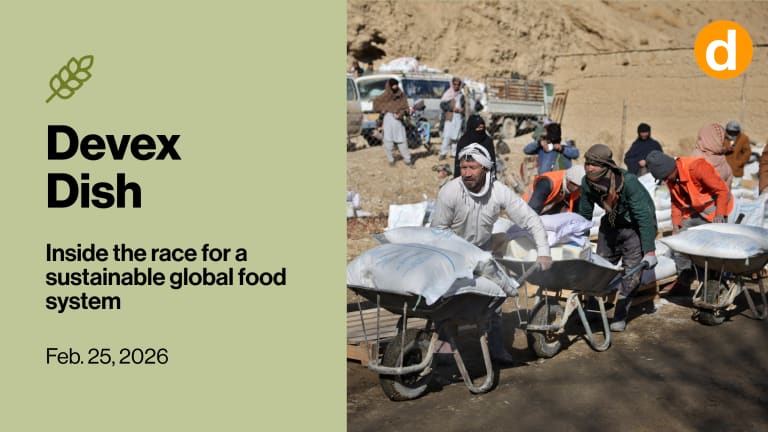As climate aid dries up, experts warn that extremism is likely to rise
In a rural area of central Somalia, a water infrastructure project expected to bring food security to more than 1.65 million people is officially on hold.
This project, which receives about 15% of its funding from the U.S. Agency for International Development, is located in an area where al-Shabab, an al-Qaida-linked militant group, operates. Al-Shabab, like other militant groups, finds particular success recruiting from farming and pastoralist communities that have been struck by drought or floods. This region has endured five successive seasons of drought, the longest in recent memory. According to UNICEF, it has left 5 million people in extreme food insecurity and nearly 2 million children at risk of malnutrition.
Al-Shabab has conducted more than 10,000 attacks since 2006, resulting in more than 29,000 deaths. The Islamic State group, or ISIS, has also recently regrouped in the northeastern region of the country, compounding extremist threats in the region.
Search for articles
Most Read
- 1
- 2
- 3
- 4
- 5








